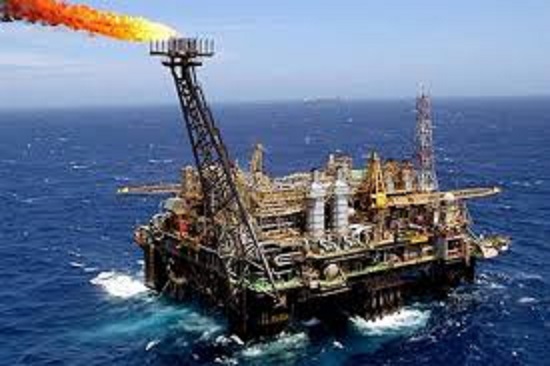With production declining and investment scarce, the Angolan leadership has put in place a number of new policies to reboot its oil industry and propel economic development.
The changes would take time and renewed deep-water oil and gas exploration for fresh reserves will take years to yield the desired results and stop the daily production crunch.
The government is targeting what it already knows exists, the country’s multiple deposits of what has been dubbed marginal oil fields, which will go on sale this year during the Angolan Marginal Field Bid Round.
Marginal fields are defined by reduced profitability or lack of commercial viability.
These can, at times, represent considerable amounts of crude oil in the reservoirs, but that, due to costly recovery processes, are not worth the investment under the existing legal and fiscal framework.
In the Angolan deep offshore, several of these prospects have been found over the years and dismissed in the pursuit of more profitable opportunities.
However, in the wake of the lack of investment in exploration in the country over the last four years, these marginal reserves have become more relevant for Angola’s macro-economic outlook.
So, in May 2018, President Lourenço’s government published a new framework specifically designed to promote investment in these areas.
According to the official text, the law considers marginal fields those discoveries with proven oil reserves of less than 300 million barrels (exceptions are considered for bigger reserves in particularly expensive working conditions), standing at or below 800 meters of water depth, that do not give returns to the State of more than USD$10.5 cents per barrel, returns for the operator of no more than USD$21 per barrel and that have an average return on investment after taxes of less than 15%.
For those that fit these conditions, the government offers extensive tax and fiscal benefits, as well as, easier conditions for cost recovery, in order to make those reserves commercial and promote their development.
Angola is not the first to try this tactic. In 2003, Nigeria had already had a bid round for its marginal fields with a certain degree of success.
The majors are not likely to be particularly attracted by these relatively small prospects, but they represent great opportunity for smaller independent African and non-African oil and gas companies that can work efficiently and with less overheads than its bigger counterparts, while having the business certainty of working prospects with guaranteed reserves.
The government is hoping that development in these marginal fields will help raise the current crude oil production (expected to be stagnant in the run up to 2022), while it promotes renewed investment in exploration and production in unexplored acreage.
The Marginal Fields Bid Round is expected to be launched in Luanda in June 2019 at the Angola Oil & Gas Conference, organized by Africa Oil and Power with the endorsement of the Angolan Government.
It is likely to include onshore and offshore blocks in the Congo, Namibe and Cunene basins, and has already received considerable attention from industry players in the region.
Angola takes measures to reboot oil sector
RELATED ARTICLES




